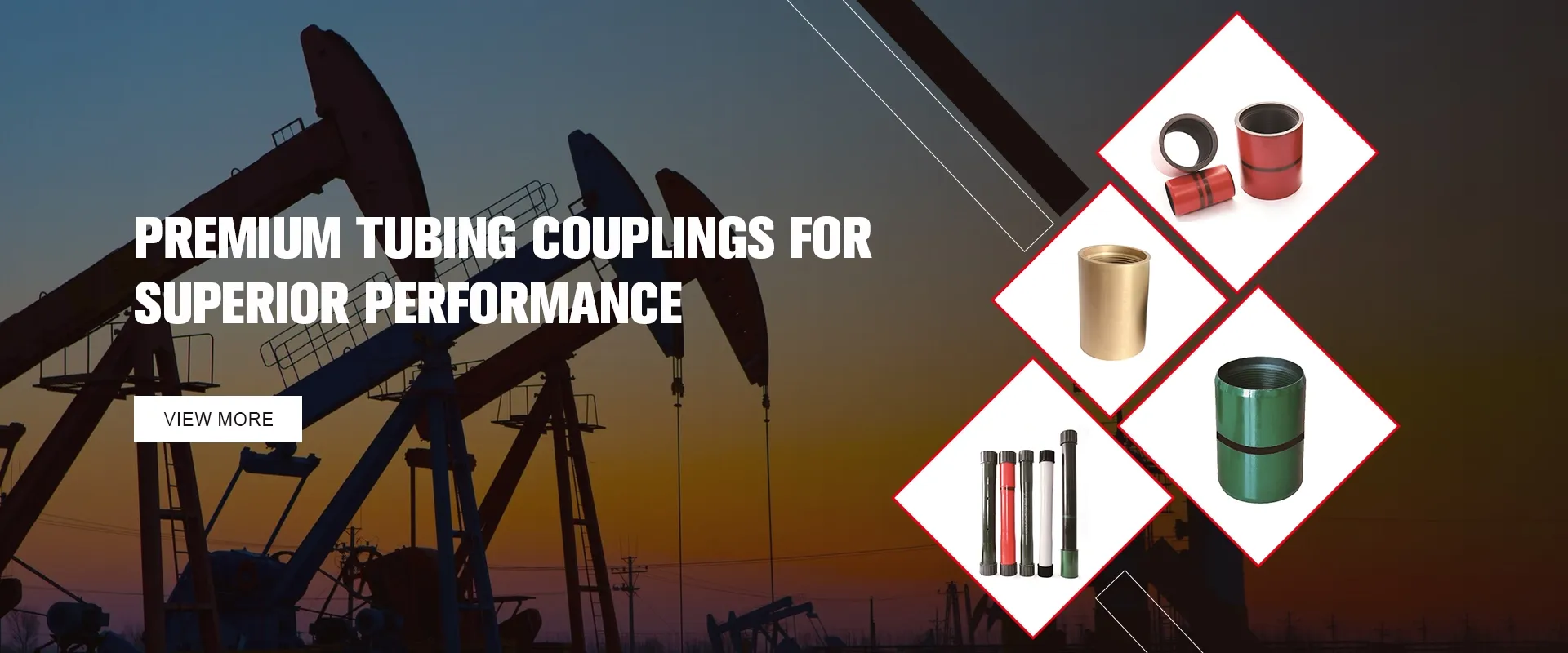- Afrikaans
- Albanian
- Amharic
- Arabic
- Armenian
- Azerbaijani
- Basque
- Belarusian
- Bengali
- Bosnian
- Bulgarian
- Catalan
- Cebuano
- Corsican
- Croatian
- Czech
- Danish
- Dutch
- English
- Esperanto
- Estonian
- Finnish
- French
- Frisian
- Galician
- Georgian
- German
- Greek
- Gujarati
- Haitian Creole
- hausa
- hawaiian
- Hebrew
- Hindi
- Miao
- Hungarian
- Icelandic
- igbo
- Indonesian
- irish
- Italian
- Japanese
- Javanese
- Kannada
- kazakh
- Khmer
- Rwandese
- Korean
- Kurdish
- Kyrgyz
- Lao
- Latin
- Latvian
- Lithuanian
- Luxembourgish
- Macedonian
- Malgashi
- Malay
- Malayalam
- Maltese
- Maori
- Marathi
- Mongolian
- Myanmar
- Nepali
- Norwegian
- Norwegian
- Occitan
- Pashto
- Persian
- Polish
- Portuguese
- Punjabi
- Romanian
- Russian
- Samoan
- Scottish Gaelic
- Serbian
- Sesotho
- Shona
- Sindhi
- Sinhala
- Slovak
- Slovenian
- Somali
- Spanish
- Sundanese
- Swahili
- Swedish
- Tagalog
- Tajik
- Tamil
- Tatar
- Telugu
- Thai
- Turkish
- Turkmen
- Ukrainian
- Urdu
- Uighur
- Uzbek
- Vietnamese
- Welsh
- Bantu
- Yiddish
- Yoruba
- Zulu
High-Quality Stainless Steel Couplings for Reliable Connections
Understanding Stainless Steel Couplings A Versatile Solution for Various Industries
Stainless steel couplings are essential components in various mechanical and industrial applications. Known for their durability, corrosion resistance, and strength, these couplings serve as connectors between two shafts or pipes, allowing for the efficient transfer of torque, power, and fluids. In industries ranging from manufacturing to construction, stainless steel couplings play a vital role in ensuring operational efficiency and reliability.
One of the most significant advantages of stainless steel couplings is their resistance to corrosion. Unlike traditional steel couplings, stainless steel is less susceptible to rust and deterioration, making it an ideal choice for environments exposed to moisture, chemicals, or extreme temperatures. This property is particularly beneficial in the food and beverage industry, where hygiene and material safety are paramount. Stainless steel couplings used in food processing equipment must meet rigorous sanitary standards, and their corrosion resistance ensures long-lasting performance without compromising safety.
Moreover, stainless steel couplings exhibit excellent mechanical strength, which allows them to withstand high torque and pressure
. This strength is crucial in heavy machinery and industrial applications, where equipment is often subject to demanding conditions. The ability to handle significant stress without failure decreases the likelihood of machinery downtime, ultimately leading to increased productivity and efficiency.stainless steel coupling

Another important aspect to consider is the versatility of stainless steel couplings. They come in various types, including rigid, flexible, and universal couplings, each designed for specific applications. Rigid couplings provide a solid connection between shafts, ideal for applications where precision alignment is critical. Flexible couplings, on the other hand, accommodate angular misalignment and can reduce the transmission of shock loads, which protects sensitive machinery from damage. Universal couplings allow for the connection of shafts at varying angles, making them suitable for applications with complex geometries.
Installation and maintenance of stainless steel couplings can also contribute to their appeal. Many designs feature user-friendly mechanisms, simplifying the installation process. Furthermore, stainless steel requires minimal maintenance compared to other materials, which saves time and resources in the long run. Regular checks and minimal lubrication are often all that's needed to ensure peak performance and longevity.
In terms of cost-effectiveness, while stainless steel couplings may be more expensive upfront compared to their carbon steel counterparts, their longevity and reduced maintenance needs often offset the initial investment. Over time, the durability and performance enhancements lead to lower overall operational costs.
In conclusion, stainless steel couplings are pivotal in numerous applications due to their corrosion resistance, mechanical strength, versatility, and minimal maintenance requirements. From food processing equipment to industrial machinery, these couplings enhance efficiency and reliability across various industries. Their ability to withstand harsh environments while providing secure and efficient connections makes them an invaluable choice for engineers and manufacturers alike. As industries continue to evolve and place greater emphasis on sustainability and durability, stainless steel couplings will undoubtedly remain a popular and trusted solution.
-
Tubing Pup Joints: Essential Components for Oil and Gas OperationsNewsJul.10,2025
-
Pup Joints: Essential Components for Reliable Drilling OperationsNewsJul.10,2025
-
Pipe Couplings: Connecting Your World EfficientlyNewsJul.10,2025
-
Mastering Oilfield Operations with Quality Tubing and CasingNewsJul.10,2025
-
High-Quality Casing Couplings for Every NeedNewsJul.10,2025
-
Boost Your Drilling Efficiency with Premium Crossover Tools & Seating NipplesNewsJul.10,2025







